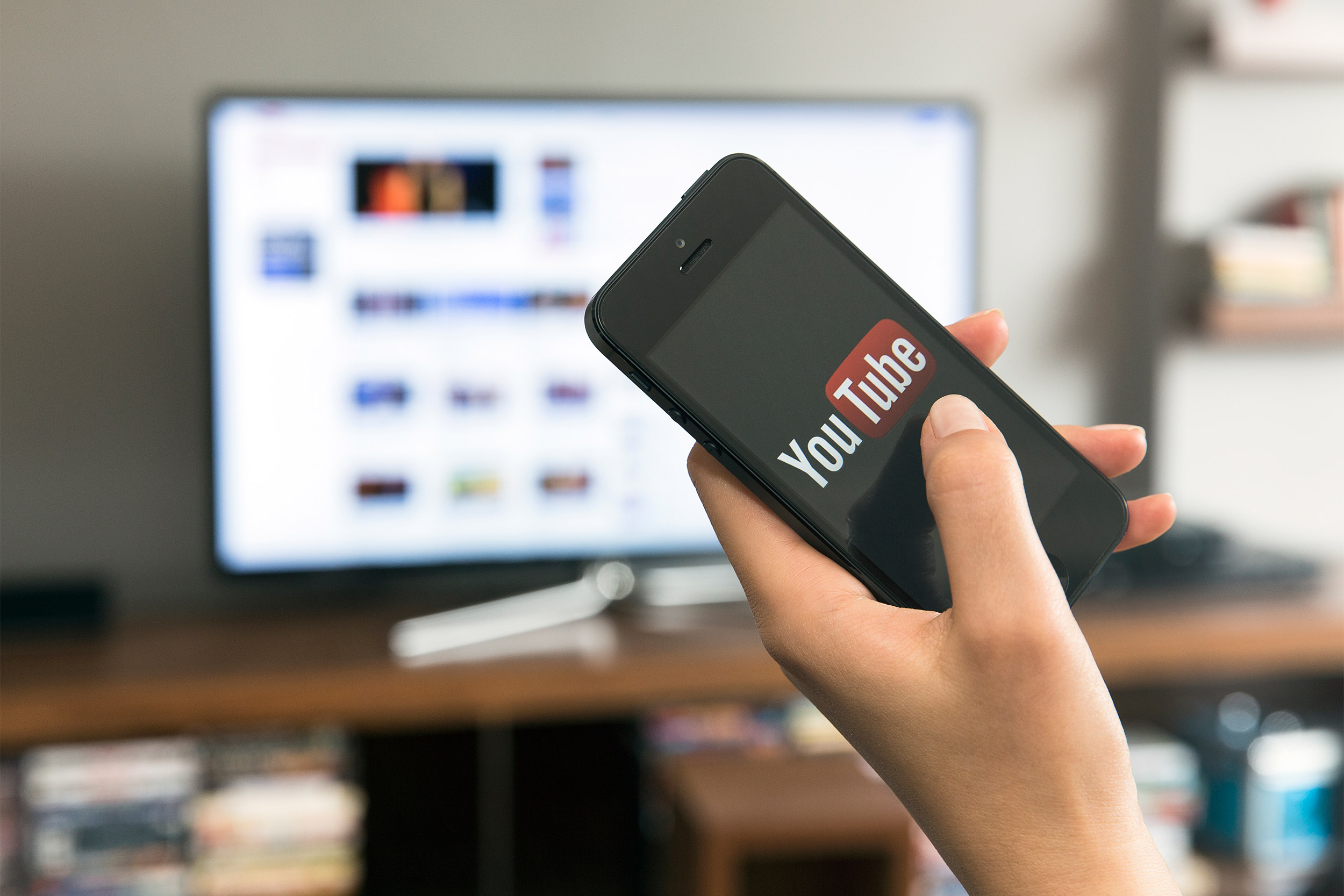
The researchers found content platforms like YouTube offer a vast catalog of videos on sleep health, many containing an alarming amount of misinformation.
iStock by Getty Images
Consulting Dr. YouTube
How digital misinformation may keep you from a good night’s sleep
More than 60 percent of adults in the U.S. report accessing the internet for health-related questions, including content on sleep health, from tips on how to get a good night’s sleep to managing sleep disorders and insomnia.
Yet an alarming amount of medical misinformation in videos about sleep has been identified in a new study from researchers at Harvard-affiliated Brigham and Women’s Hospital.
Researchers learned that “popular” YouTube videos created by bloggers garnered significantly more views than expert-led videos and contained both misinformation and consumer bias. Their results are published in the Journal of Clinical Sleep Medicine.
“What’s tricky is that so much of health information is very nuanced, and a lot of popular YouTube videos have clickbait and appeal to shorter attention spans,” said lead study author Rebecca Robbins, an investigator in the Brigham’s Division of Sleep and Circadian Disorders and an instructor at Harvard Medical School. “People today often want very bite-sized pieces of information. However, science is fundamentally more nuanced than a one-liner or the 280 characters in a Twitter post.”
To conduct the study, the team searched YouTube using key terms such as “insomnia” and “sleep tips,” to identify and label popular YouTube videos on sleep medicine. They then sorted videos by views and identified those with the highest number of views as “popular.” They compared these popular videos to videos from credible sources identified by a feature on YouTube that placed content from health care systems at the top of search results for health-related terms.
The videos were then assessed for the quality of information they contained by sleep experts trained to identify misinformation using validated health communications assessment tools, including the Patient Education Materials Assessment Tool (PEMAT) and the DISCERN brief questionnaire (DISCERN provides users with a valid and reliable way of assessing the quality of written information on treatment choices for a health problem).
“What’s tricky is that so much of health information is very nuanced, and a lot of popular YouTube videos have clickbait and appeal to shorter attention spans.”
Rebecca Robbins, Brigham’s Division of Sleep and Circadian Disorders
The study found that the videos that received the highest number of views were most often produced by bloggers (42.9 percent), followed by medical professionals and health coaches (33.3 percent and 23.8 percent, respectively). While popular videos averaged 8.2 million views, those led by experts received only 0.3 million views.
None of the identified expert-led videos contained commercial bias, or the promotion of a product or service, yet 66.7 percent of popular videos featured such biases. Even though popular videos presented significantly more misinformation, investigators did not identify any differences in the understandability of content presented between the expert-led and the popular videos.
Researchers cannot pinpoint exactly why consumers tend to seek information on sleep health from videos created by bloggers over those from sleep experts but attribute these trends to content creators’ ability to produce media that is engaging, aesthetically appealing, and relatable to viewers.
“Medical misinformation, including what’s found in some videos about sleep disorders, can lead to patients avoiding care or receiving the wrong care and can be detrimental to patient outcomes,” said senior study author Stuart Quan, clinical chief and medical director of the Brigham’s Sleep Disorders Service in the Division of Sleep and Circadian Disorders. “Sleep medicine is not immune to this issue.”
Investigators acknowledged limitations in that the types of videos which experts deemed “popular” are ever-changing. Additionally, while the study focused specifically on YouTube, the team hopes to expand the research to include other social media platforms such as Instagram and TikTok. The researchers also expressed hope that, in the future, platforms such as YouTube will continue to find creative ways to partner with health professionals to combat misinformation.
Disclosures: Quan has served as a consultant for Best Doctors, Bryte Foundation, Jazz Pharmaceuticals and Whispersom. Robbins has served as a consultant for Denihan Hospitality Group, Savoir Beds Ltd, Oura Ring Ltd, With Deep Inc
SL is supported by the NYU Perlmutter Cancer Center Developmental Project Program, which is partially supported by the Cancer Center Support Grant P30CA016087. RR is supported by K01HL150339.





